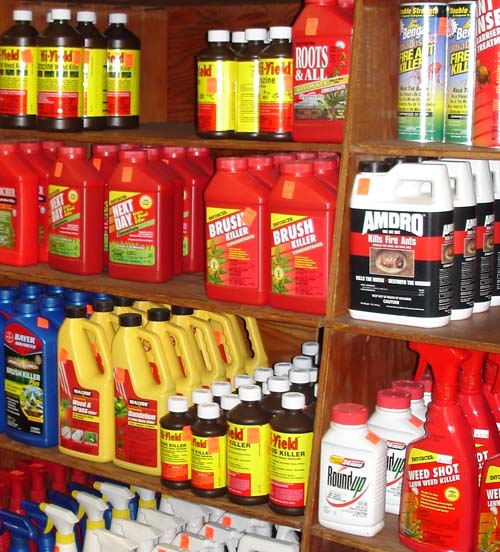Nearly 60,000 pounds of unwanted or out-of-date pesticides were collected for disposal through the Clean Day event held Feb. 27, 2013 in 21 southwest Georgia counties.
The event was organized by University of Georgia Extension and funded by the Environmental Protective Agency. Clean Days are held to give farmers an opportunity to dispose of pesticides cheaply and legally. Clean Day events typically accept insecticides, growth regulators, fungicides, harvest aid chemicals, nematicides, bactericides, herbicides and other miscellaneous pesticides.
“There was a long line going a long way but everybody was happy to wait because they were happy to get rid of all this stuff,” said Mathew Roberts, former Colquitt County Extension agent. Colquitt County was one of the southwest Georgia counties that participated.
Storing old pesticides can be a safety issue, Roberts said. The pesticide and its label can deteriorate as making it easy to mistake one product for another product. And containers often break down and leak, leaving a mess for somebody to clean up, he said.
“The longer you have these old and unusable pesticides sitting around, the more likely you are to have some sort of accident with them, so having Cleans Days is a really huge service to everybody,” Roberts said.
Farmers who want to get rid of pesticides legally without taking advantage of a Clean Day event have to contact the pesticide disposal company. If the farmer has enough unusable products, the company will come to them. Otherwise, the farmer has to take the unusable products to the company.
“This is where people can get in trouble, too. They want to get rid of (their pesticides), and they might do that in a way they’re not supposed to, and you definitely don’t want that to happen,” Roberts said.
Farmers who wish to request a Clean Day are encouraged to check with the Georgia Department of Agriculture or call their local UGA Extension agent at 1-800-ASK-UGA1.
To learn more about pesticide safety, see extension.uga.edu/publications.








